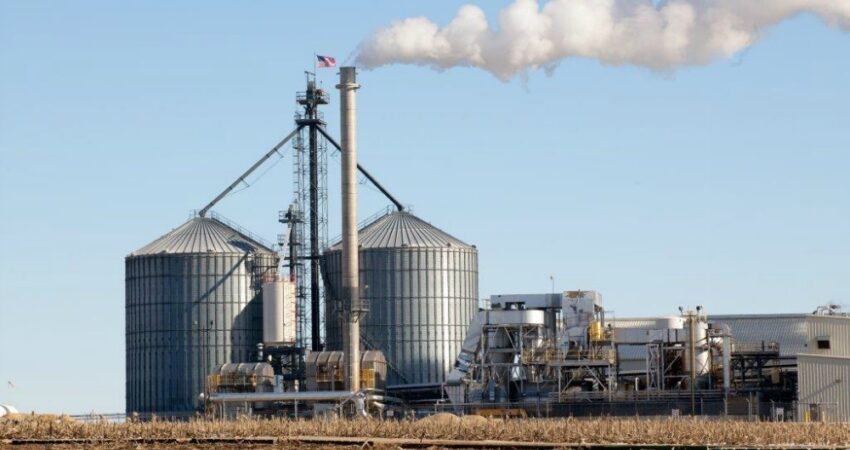In the world of ethanol production, precision is paramount. From fermentation to distillation, accurate temperature measurement and control are essential for maintaining the efficiency and quality of the processes. One of the crucial components that contribute to this precision is the thermocouple. Whether you’re considering options from Yog Electro Process Private Limited or other manufacturers, understanding the key factors for selecting the right thermocouple is vital. In this blog post, we’ll delve into these factors to help you make an informed decision that aligns with the specific requirements of your ethanol plant.
Factor 1: Temperature Range
Ethanol production encompasses a broad spectrum of temperatures, each playing a critical role in the overall process. From the controlled conditions of fermentation to the intense heat of distillation, your chosen thermocouple must accurately measure this entire range. Different thermocouple types, such as Type K, Type J, or Type T, have distinct temperature capabilities. Therefore, your selection should be tailored to the specific temperature range of your processes.
Factor 2: Chemical Compatibility
Ethanol plants involve various chemicals, including ethanol itself, water, and cleaning agents. To ensure the longevity and accuracy of your thermocouple, it’s imperative to choose materials that can withstand exposure to these substances without corrosion or deterioration. Opt for thermocouples made from materials that are chemically compatible with the fluids they’ll encounter, minimizing the risk of degradation over time.
Factor 3: Response Time
In the dynamic environment of an ethanol plant, rapid temperature changes can occur, necessitating swift adjustments. The response time of your thermocouple—the time it takes to stabilize its reading after a temperature change—must align with these quick shifts. Processes that demand fast adaptations will benefit from a thermocouple with a faster response time, ensuring precise control and maintaining optimal conditions.
Factor 4: Accuracy and Calibration
Precision is the cornerstone of efficient ethanol production. Accurate temperature measurement directly impacts process efficiency and the quality of your final products. When selecting a thermocouple type, ensure it meets the accuracy requirements of your specific processes. Moreover, regular calibration is essential to uphold measurement accuracy over time, preventing potential inaccuracies that could lead to process inefficiencies or compromised quality.
Factor 5: Environmental Conditions
Ethanol plants often present challenging environmental conditions, including high humidity, vibrations, and mechanical stress. These conditions can impact the performance and longevity of your thermocouple. When making your selection, prioritize thermocouples equipped with proper insulation and protection mechanisms that can withstand the rigors of the ethanol production environment. This ensures reliable temperature readings and extends the thermocouple’s lifespan.
Conclusion
While Yog Electro Process Private Limited and other manufacturers might offer a range of thermocouple options, it’s crucial to make an informed decision based on your ethanol plant’s specific needs. By considering these five factors—temperature range, chemical compatibility, response time, accuracy, and environmental conditions—you can confidently select a thermocouple that maximizes efficiency and quality in your ethanol production processes. Consult with experts in the field, gather recommendations, and consider conducting trials to ensure that your chosen thermocouple aligns perfectly with your plant’s requirements. In this intricate dance of precision, your thermocouple selection is the conductor that orchestrates harmony and excellence in your ethanol plant’s operations.
